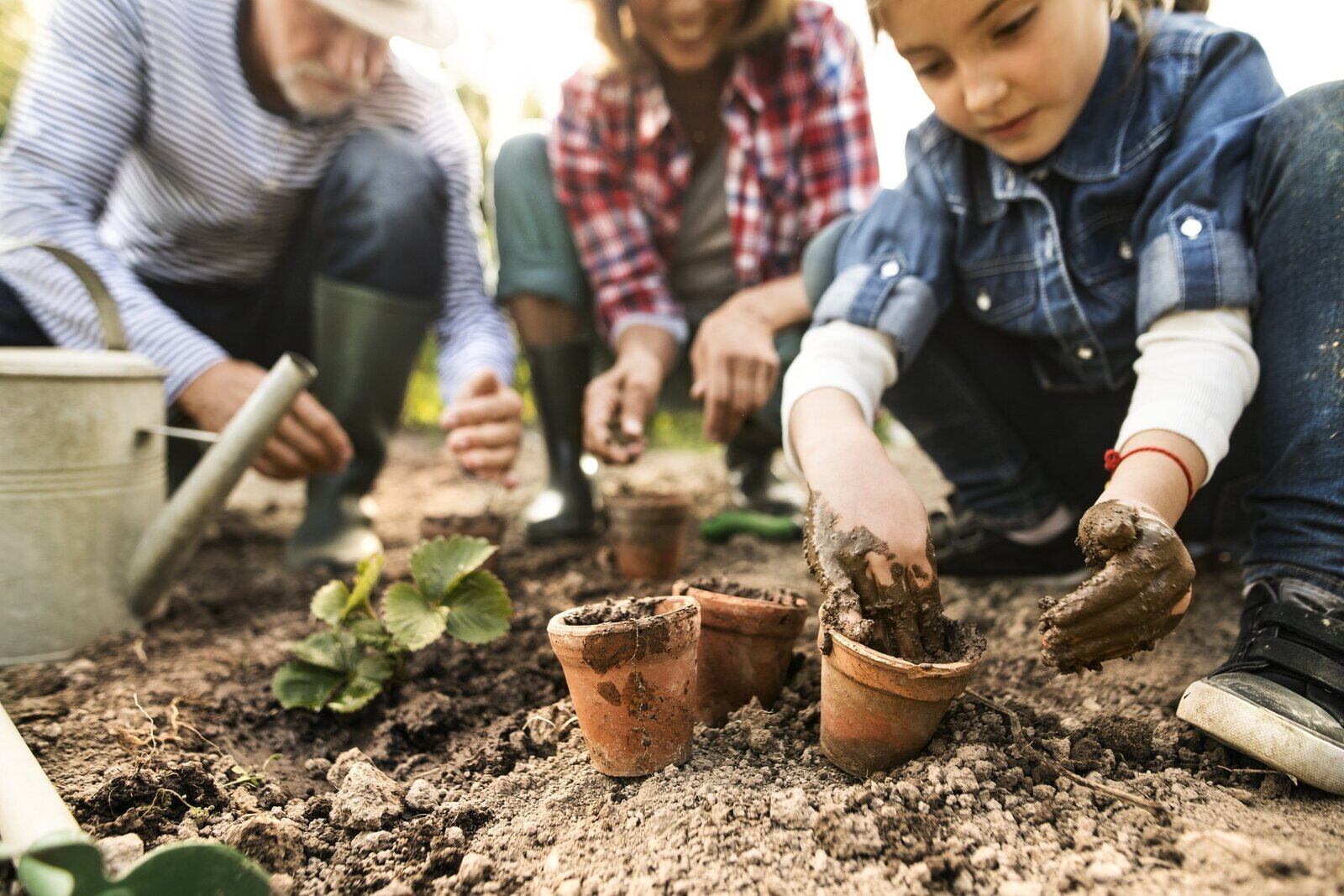
Ever wondered what makes Community Garden Week, celebrated from April 1st to April 7th, so special? Well, you're about to find out! This week is not just about planting seeds and watching them grow; it's a celebration of green spaces, community spirit, and the magic that happens when people come together to nurture nature. From tiny sprouts to blooming flowers, community gardens are vibrant hubs of biodiversity, education, and sustainability. They're places where friendships blossom, and fresh produce is just a bonus. So, grab your gardening gloves, and let's dig into the fascinating world of community gardens. You might be surprised by what you can learn and how you can contribute to these green havens during Community Garden Week.
Key Takeaways:
- Community Garden Week celebrates the impact of community gardens on food security, mental well-being, and biodiversity. It encourages involvement and highlights the environmental benefits of these green spaces.
- Get involved in Community Garden Week by participating in local events, volunteering, or even starting a community garden. These gardens not only provide fresh produce but also contribute to a greener, healthier environment.
What is Community Garden Week?
Community Garden Week, celebrated from April 1st to April 7th, shines a spotlight on the vital role that community gardens play in fostering a sense of unity, promoting healthy eating, and beautifying neighborhoods. These gardens are not just plots of land where fruits and vegetables grow; they are vibrant hubs where community members come together to cultivate not only plants but also relationships and a shared sense of purpose.
Why Celebrate Community Garden Week?
-
Community gardens enhance local food security by providing fresh, nutritious produce to those who might not otherwise have access. This week-long celebration acknowledges the hard work and dedication of volunteers who maintain these spaces.
-
They serve as educational platforms for all ages, teaching valuable lessons about gardening, sustainability, and the importance of taking care of our environment.
-
Celebrating this week encourages more people to get involved, spreading awareness of the benefits these gardens bring to communities and potentially leading to the establishment of new gardens.
The Impact of Community Gardens
-
Beyond providing food, community gardens offer a sanctuary in urban areas, contributing to the mental and physical well-being of participants. They create peaceful retreats from the hustle and bustle of city life.
-
These gardens can also play a crucial role in preserving biodiversity by hosting a variety of plants and creating habitats for numerous species of insects and birds.
-
By involving people from diverse backgrounds, community gardens promote inclusivity and cultural exchange, enriching the social fabric of neighborhoods.
How to Get Involved During Community Garden Week
-
Participate in local events or workshops. Many gardens host special activities during this week, offering a great opportunity for individuals to learn more about gardening and meet fellow community members.
-
Volunteer your time. Whether it's helping with planting, weeding, or organizing community events, there's always a need for extra hands in a community garden.
-
Consider starting a community garden if there isn't one in your area. This week is the perfect time to gather support and resources from local organizations and residents.
The Environmental Benefits of Community Gardens
-
Community gardens help reduce carbon footprints by localizing food production and decreasing the need for transportation and packaging associated with store-bought produce.
-
They contribute to the greening of urban areas, which can help lower city temperatures, reduce air pollution, and manage stormwater runoff more effectively.
-
These gardens often utilize sustainable gardening practices, such as composting and water conservation, further minimizing their environmental impact.
Celebrating Success Stories
- Throughout Community Garden Week, success stories from various gardens are highlighted, showcasing the transformative power these spaces have on individuals and communities. From revitalizing neglected areas to fostering community resilience in the face of challenges, these stories inspire and motivate others to contribute to the community garden movement.
A Fresh Perspective on Community Gardens
Celebrating Community Garden Week isn't just about planting seeds or weeding beds. It's a powerful reminder of how green spaces can transform neighborhoods, bring people together, and promote a healthier lifestyle. From April 1st to April 7th, communities unite to share knowledge, resources, and the joy of gardening. Whether you're a seasoned gardener or someone who's never touched a trowel, this week offers a chance to contribute to a project that's bigger than any individual. It's about growing food, friendships, and a sense of belonging. So, let's grab our gardening gloves, step outside, and dig into the spirit of Community Garden Week. After all, every plant we nurture helps to sow the seeds of community and connection.
Frequently Asked Questions
Was this page helpful?
Our commitment to delivering trustworthy and engaging content is at the heart of what we do. Each fact on our site is contributed by real users like you, bringing a wealth of diverse insights and information. To ensure the highest standards of accuracy and reliability, our dedicated editors meticulously review each submission. This process guarantees that the facts we share are not only fascinating but also credible. Trust in our commitment to quality and authenticity as you explore and learn with us.


